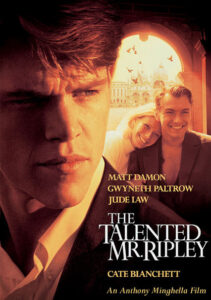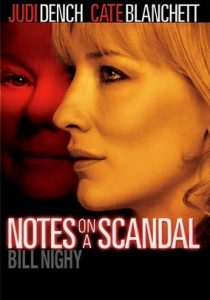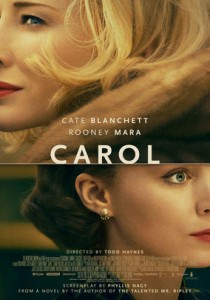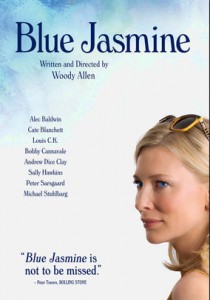Black Bag-2025
Director Steven Soderbergh
Starring Cate Blanchett, Michael Fassbender
Scott’s Review #1,473
Reviewed March 30, 2025
Grade: B+
Steven Soderbergh offers Black Bag (2025), a taut spy thriller that is very slick and fast-paced. Wasting no time to lag or drag, he gets right down to the action in a quick one hour and thirty-four minute running time.
Stars Cate Blanchett and Michael Fassbender play British intelligence officers and husband and wife, George and Kathryn. His superior, Meacham (Gustaf Skarsgård), gives George one week to investigate the leak of a top-secret software program code-named Severus.
One of the five suspects is Kathryn.
Viewers familiar with Soderbergh’s films will recognize the familiarity of the tense electronic musical score by David Holmes, a frequent collaborator of Soderbergh. He scored the Oceans trilogy (2001-2007), which Black Bag resembles.
Those films, hits at the time, now feel less impactful, but Black Bag takes a similar style and envelops a modern, sophisticated London backdrop.
The immediate draw is Fassbender and Blanchett, who play exceptionally well opposite each other. Both stars light up the screen electrically, offering cat-and-mouse scenes that cackle with dry wit and sensuality.
George can always sense untruths and despises liars. As much as he loves Kathryn, he doubts her when he finds a movie ticket receipt in the trash for a film she claims never to have seen. But is she being set up?
The supporting characters are impressive, with Marisa Abela and Tom Burke as sparring partners and Clarissa and Freddie getting the meatier roles.
The best sequence is the riveting dinner sequence when George invites the four other suspects, all colleagues, to dinner. When he drugs their food to lower their inhibitions, he has them play a warped game of ‘Resolutions’ in which they make a resolution for the person to their right.
Since the other couples are each dating, this leads to revelations, squabbles, and a jealous stabbing.
Even in mainstream pictures, Soderbergh loves incorporating corporate work sequences and independent cinema/arthouse qualities. Propelled by the musical score, sometimes frenetic, there is a thrilling vibe even in quiet scenes.
He also loves closeup shots, which are especially important for Fassbender, Blanchett, and the dinner guests.
Nearly putting style over substance, the story, written by David Koepp, is complicated to follow. We assume that one of the dinner guests or Kathyrn’s boss, Arthur (Pierce Brosnan), is the rat, serving up a film whodunit.
Kathryn has access to a Zurich bank account containing ₤7 million in misdirected and unexplained funds, and there is something to do with a Russian operative who Kathryn flies to Zurich to meet.
The rest of the plot is gray, and after the film, I needed to read a synopsis to gain some understanding.
Small wonders that may have had little to do with the story impressed me. A simple scene in a crowded movie theater where Kathryn and George munch popcorn and flinch at scary scenes enhances the importance and joy one gets from watching a film in the movie theater.
The couple’s duplex London loft is pure magic to look at. As George prepares simmering food and quality wine in the vast kitchen with modern trimmings, their upstairs bedroom is equally enthralling with cosmopolitan furniture colors and just the right polish.
The couple is obviously worldly.
Black Bag (2025) is an entertaining film. Do not struggle to follow every nuance or story point, or you will be frustrated. Instead, sit back and enjoy the experience of a spy thriller with incredible music, sets, and stars.





